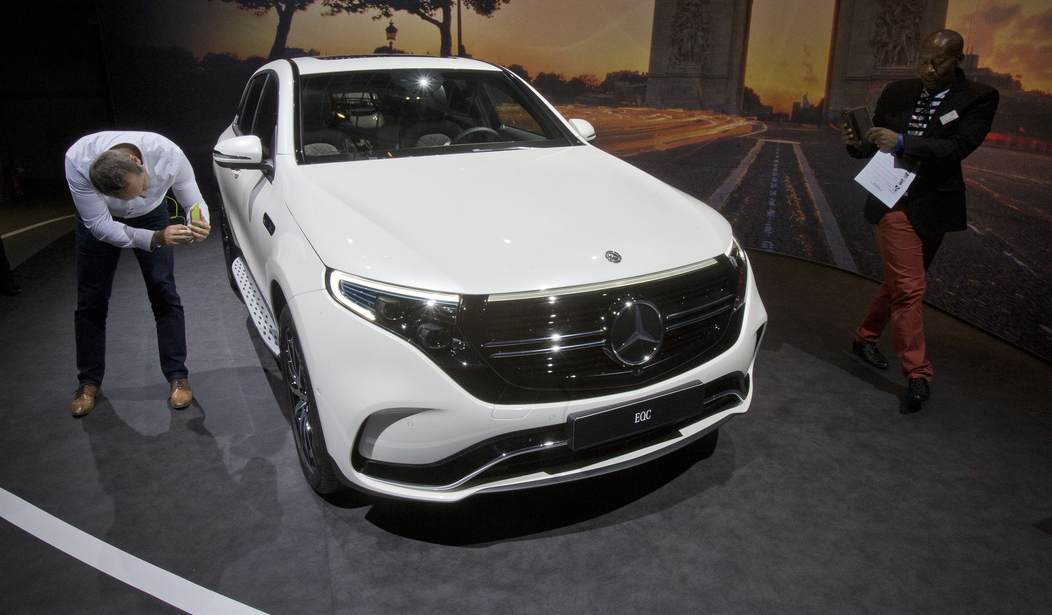Mercedes has become the latest major car manufacturer to drop one of its key electric vehicle targets.
In the company's latest "investor outlook," shareholders are warned that the company will no longer stick by its original target to become all-electric by the year 2030. Instead, it is now promising to "cater to different customer needs... until well into the 2030s."
The outlook stated:
Mercedes-Benz will continue to focus on its brand promise: to build the world’s most desirable cars. Mercedes-Benz will remain strategically focused and tactically flexible and is taking the necessary steps to go all electric. Customers and market conditions will set the pace of the transformation. The company plans to be in a position to cater to different customer needs, whether it’s an all-electric drivetrain or an electrified combustion engine, until well into the 2030s.
However, the company did report some more bullish expectations on the matter of EV sales, reiterating their objective of accounting for half of all sales by the end of the decade:
The company expects xEV sales to reach up to 50% of overall sales in the second half of the decade. Factories are retooled to follow demand to capture the tipping point into an all-electric era. Mercedes-Benz has set the course with the development of several new vehicle platforms. The starting point will be next year with the all-new electric CLA.
While the upcoming models will set standards in improving efficiency and charging time, the company believes that the battery costs per kilowatt hour can be reduced by more than 30% in the next few years, thanks to optimised cell and module design, improved vehicle integration, further development of cell chemistries (e.g. NMC, next generation LFP), cell updates during the lifecycle and continuous improvement agreements with suppliers.
The downgrade in EV production objectives is consistent with current industry trends, as many other car manufacturers also slash their targets in response to sluggish demand.
Just last week, the California-based, all-electric manufacturer Rivian Automotive Inc. announced plans to cut 10 percent of its workforce and lower production targets amid a significant fall in demand. The news sent its stock plummeting by over 25 percent, the worst day of trading in the company's history.
Earlier this month, Ford confirmed that it had incurred a loss of $4.7 billion on its EV range, more than the $4.5 billion the company had previously predicted. Their biggest rival, General Motors (GM), also reported losses of approximately $1.7 billion in its electric vehicle division during the final quarter of 2023 alone.
Meanwhile, The New York Times recently revealed that the Biden administration is also scrapping its EV production targets as part of an apparent election-year "concession" to automakers and labor unions.
"Instead of essentially requiring automakers to rapidly ramp up sales of electric vehicles over the next few years, the administration would give car manufacturers more time, with a sharp increase in sales not required until after 2030," the paper reported at the time. "The change comes as President Biden faces intense crosswinds as he runs for re-election while trying to confront climate change."














Join the conversation as a VIP Member